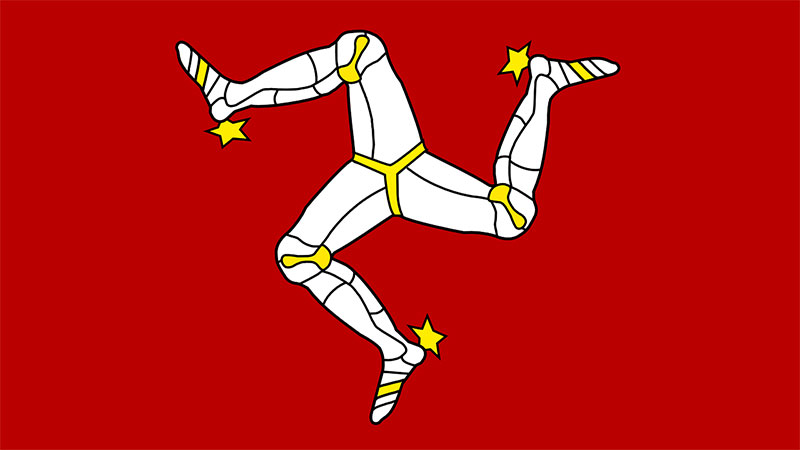Peter’s expertise in Manx political history and close knowledge of its legislature put him in a unique position to advise members of Tynwald and the Council of Ministers during the coronavirus pandemic in 2020.
At key moments in the crisis, the Isle of Man was governed under a state of emergency, with the Manx Council of Ministers given power to introduce new laws under Emergency Powers Regulations (EPRs). Although each EPR had to be approved by Tynwald, this move saw an unprecedented rebalancing of power in favour of the executive.
Peter was able to use his unique knowledge to provide real-time critique and analysis of the Emergency Powers Regulations as they were drafted, on many occasions identifying issues and suggesting amendments that could be resolved before they passed into law. His contribution helped ensure laws passed on the island during this time – which covered every facet of day-to-day life for its residents – were fair and fit-for-purpose.
Reviewing one EPR proposing a revision to the entry restrictions for the island, Peter found it would require patients sent by the Manx Health Service for specialist treatment in the UK to pay for travel and quarantine. His quick action to recommend the EPR be refused by Tynwald was instrumental in preventing an unfair requirement passing into law, and helped to avoid the negative public response that would inevitably have followed.

